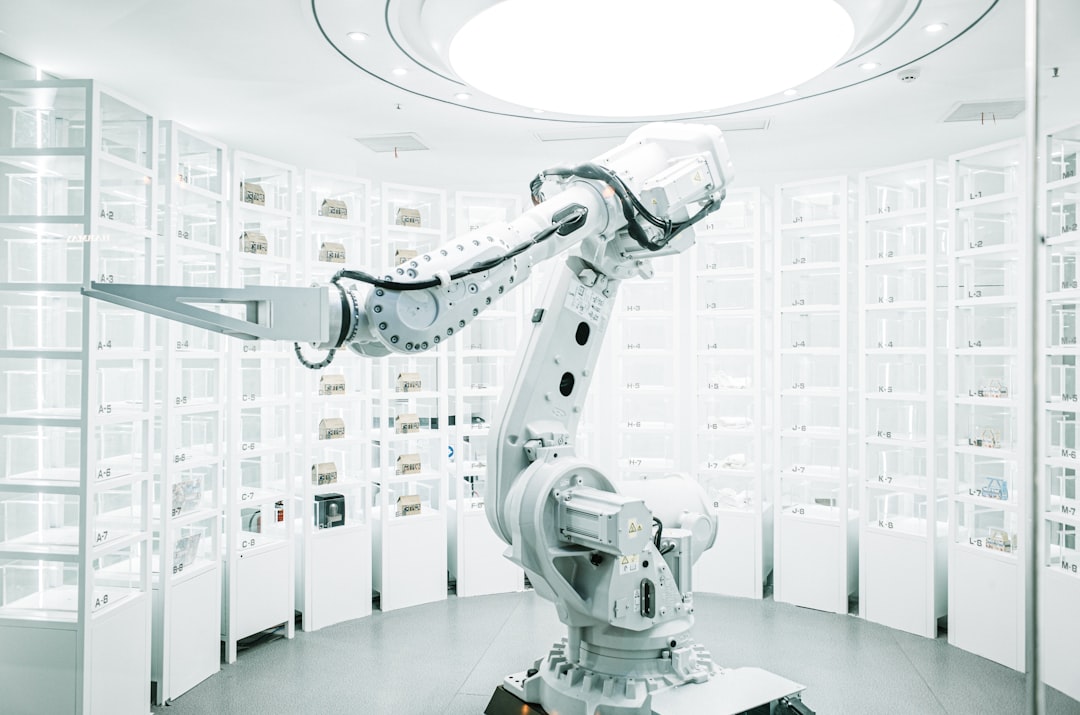In the healthcare industry, AI is playing a crucial role in transforming medical diagnosis and treatment. AI algorithms can analyze vast amounts of patient data to assist doctors in making more accurate diagnoses and treatment plans. This not only improves patient outcomes but also helps in reducing healthcare costs. AI-powered medical devices are also becoming increasingly common, aiding in monitoring patients' health conditions and providing real-time insights to healthcare providers. Moreover, AI is revolutionizing drug discovery and development processes by speeding up the identification of potential drug candidates and predicting their efficacy.
In the finance industry, AI is being used for fraud detection and prevention. Machine learning algorithms can analyze patterns in financial transactions to identify suspicious activities and prevent fraudulent transactions in real-time. AI-powered chatbots are also being deployed for customer service, providing personalized assistance to customers and improving overall user experience. Additionally, AI is being utilized in investment management to analyze market trends, predict stock prices, and optimize investment portfolios for better returns. The use of AI in finance is not only enhancing operational efficiency but also improving decision-making processes.
Key Takeaways
- AI is a rapidly growing technology with significant implications for various industries.
- In healthcare, AI can improve patient outcomes and reduce costs through predictive analytics and personalized treatment plans.
- In finance, AI can enhance fraud detection and risk management, as well as improve customer service through chatbots and virtual assistants.
- In transportation, AI can optimize routes and reduce accidents through autonomous vehicles and predictive maintenance.
- In retail and manufacturing, AI can improve supply chain management and enhance customer experiences through personalized recommendations and chatbots.

